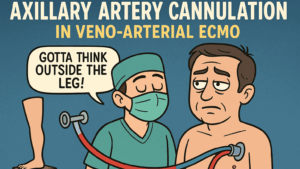Background: Reduced exercise capacity is a prognostic indicator of adverse outcomes in patients with acute myocardial infarction (AMI). However, few studies have evaluated the effectiveness of comprehensive cardiac rehabilitation (CR) in this population. This study aimed to clarify the efficacy of comprehensive CR in patients with AMI and reduced exercise capacity.Methods and Results: This cohort study included 610 patients with AMI who underwent percutaneous coronary intervention. Major adverse cardiovascular events (MACE) were compared between patients who participated in comprehensive outpatient CR for 150 days (CR group; n=430) and those who did not (non-CR group; n=180). During the mean (±SD) follow-up period of 6.1±4.0 years, the CR group exhibited a lower incidence of MACE (log-rank P=0.002). Multivariable analysis revealed that Killip classification, diuretics at discharge, and participation in comprehensive CR were independently associated with MACE. The CR group was further divided into 2 groups, namely reduced exercise capacity (% predicted peak V̇O2<80%; n=241) and preserved exercise capacity (≥80%; n=147), based on the initial cardiopulmonary exercise test. Despite distinct exercise capacities, the incidence of MACE was comparable and physical parameters improved similarly after comprehensive CR in both groups.
Conclusions: Comprehensive CR in patients with AMI effectively reduced the incidence of MACE regardless of initial exercise capacity. Cardiologists should actively encourage patients with low exercise capacity to participate in comprehensive CR.
Keywords: Acute myocardial infarction; Cardiopulmonary exercise test; Comprehensive cardiac rehabilitation; Exercise capacity.







